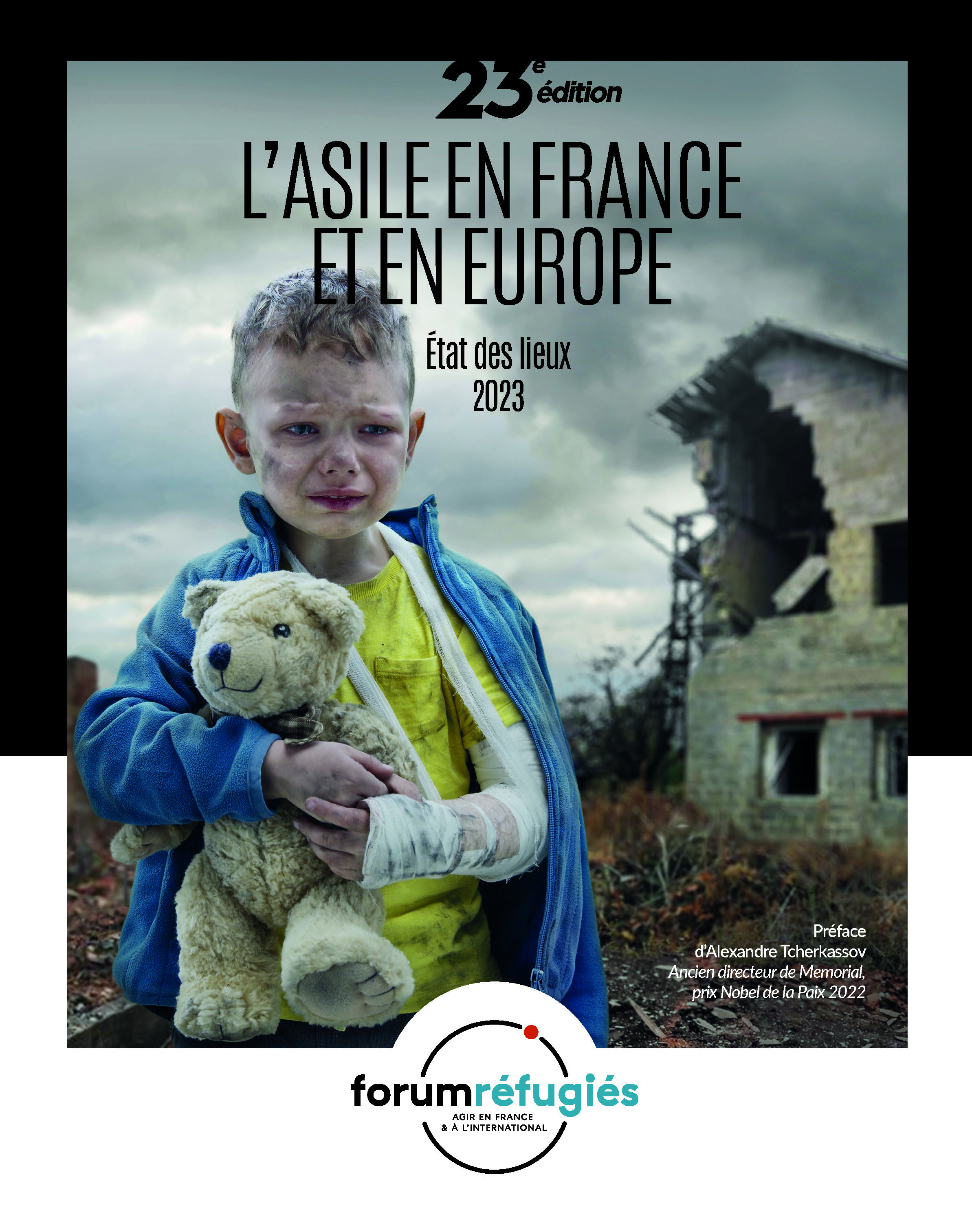TRIPS – identification of TRafficked International Protection beneficiaries Special needs
From January 2020 to December 2021, Forum réfugiés-Cosi will implement an EU funded transnational project on the identification of TRafficked International Protection beneficiaries’ Special needs: TRIPS in January 2020. Following the results and tools elaborated as part of the project TRACKS, focusing on the identification of TRafficked Asylum seeKers’ Special needs, this new project will pursue this research on how to identify and address specific needs of trafficked beneficiaries of international protection (BIP) in their integration.
The project TRIPS is co-funded by the European Commission and implemented by Forum réfugiés-Cosi from France, as project coordinator, and European partners:
- Consiglio Italiano Per I Rifugiati (Italian Council for Refugees - CIR) from Italy
- Immigrant Council of Ireland (ICI) from Ireland
- Organizace pro Pomoc Uprchlíkům (Organization for Aid to Refugees - OPU) from Czech Republic
- Churches Commission for Migrants in Europe (CCME).
The project is based on a common observation from the partnership that the international protection-THB nexus is raising growing concerns at EU, national and local levels, in particular in relation to the identification of victims of trafficking and to the response to specific needs. After getting an international protection statute related or not to the THB situation, the victims get engaged in the integration process. The European Qualification Directive of December 2011 that came into force on 22 December 2013 grants specific rights to beneficiaries of international protection. It also specifies that when implementing the Directive, the Member States shall take into account the specific situation of vulnerable persons including the victims of human trafficking after an individual evaluation of their situation. After the asylum procedure, the situation of this specific vulnerable group requires a very adapted care that will result from a complementary accompaniment from a range of actors (i.e. regarding social and legal support, health, labor access, housing, security issues, etc.) in their process of integration. As their vulnerability does not stop with the acquisition of the international protection, integration process and actors involved should be able to address their needs.
The general objective of this project is to better identify and address specific needs of victims of THB beneficiaries of international protection in relation to their integration process in the host society through a practical, victim centered and comparative approach. The long term impacts are:
- At EU and national level, alert and orientation guidelines included in the toolbox are embedded in integration and THB practitioners’ practices.
- The number of trafficked beneficiaries of international protection identified in the integration process is higher.
- The number of trafficked beneficiaries of international protection appropriately oriented and supported in their integration process is higher.
- Trafficked beneficiaries of international protection benefit from an appropriate integration process.
The first step of the project is the research phase which will define the existing legal, practical and institutional frameworks at national level and identify relevant actors which are supporting the trafficked beneficiaries of international protection. A focus group will be created in each State in order to identify good practices and challenges. The aim is to both elaborate a dynamic and solid network at national level on integration and THB, and to provide inputs to the analysis and research work on national practices. Interviews withtrafficked beneficiaries of international protection will be organized in each country. These exchanges will be framed by a specific methodology interview elaborated by Forum réfugiés-Cosi and the British Red Cross as part of the TRACKS project. These interviews are extremely important to give voice to the primarily concerned audience of the project, to listen to their story and support their rehabilitation.
This first research phase will enable to elaborate the final European report which will provide a comparative analysis of existing legal and institutional frameworks, practices and challenges identified in the different participating countries. It will also give visibility to the expressed needs of victims. Finally, the report will provide recommendations to improve and harmonize the legal and institutional frameworks. National reports will propose specific analysis for each studied country and will include adapted recommendations to the national context.
Thanks to the research and comparative analysis, a common European toolbox for practitioners will provide key tips to better respond to trafficked beneficiaries international protection’s needs and will encourage coordination between practitioners who are supporting them. On the basis on the European model, the tool will be adapted to national context and will be translated into the national languages to enable an appropriate dissemination among the greatest number of relevant actors.
Finally, training sessions will be organized at national level to disseminate the national toolboxes, to finalize and to prepare their distribution at a larger scale. The aim of these sessions is to train practitioners which have a limited knowledge of this topic, to raise awareness about integration challenges for trafficked beneficiaries of international protection, and to test the training tool on this new audience.
The final European conference and the national events will close the project by presenting the findings and the recommendations to better identify and respond to the specific needs of trafficked beneficiaries of international protection. The tools and the reports will be send out to European and national institutions in charge of trafficking and integration.



